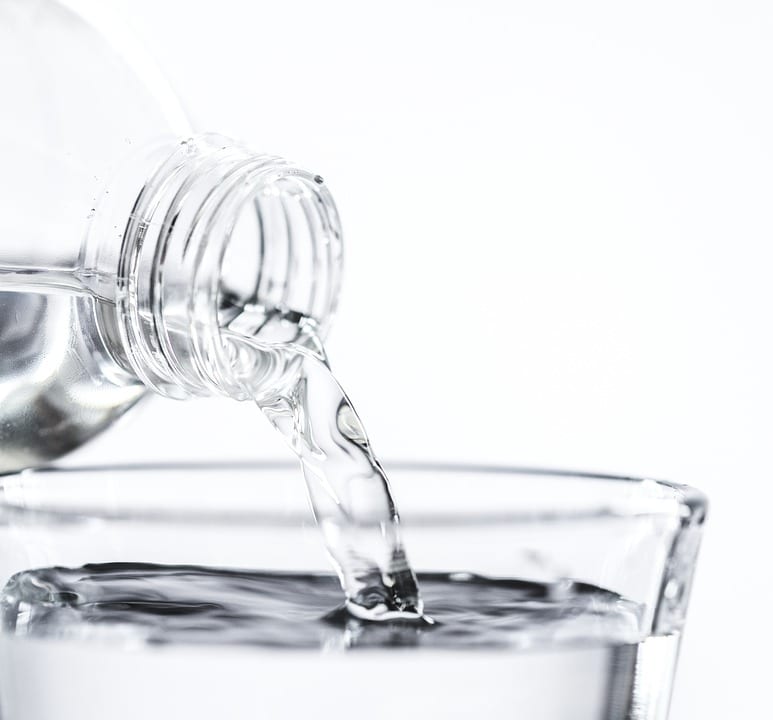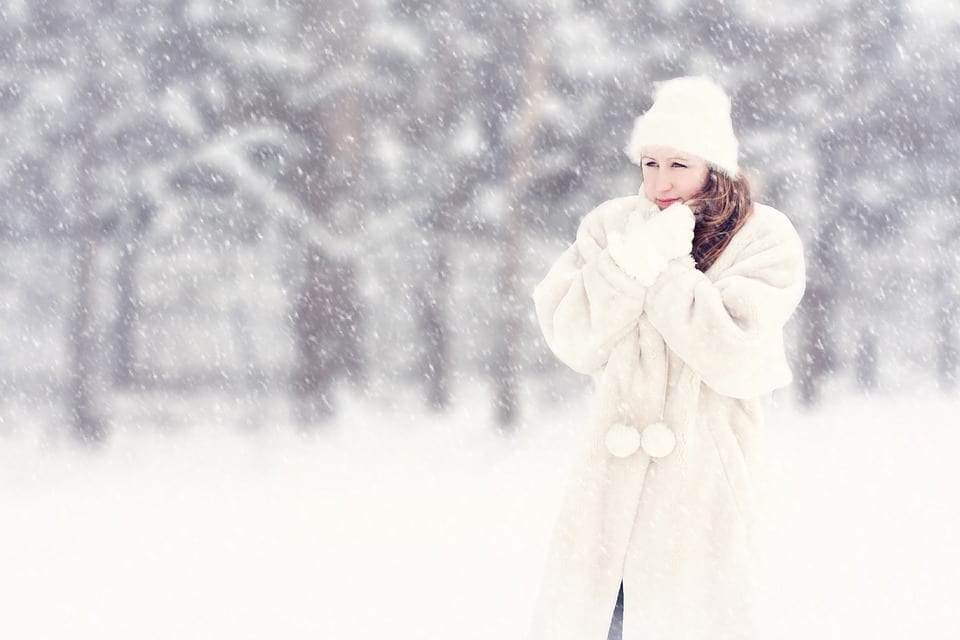Trending Now
Are you one of those people who is always cold, no matter the temperature inside or outside? Or maybe it’s your significant other or other family member who is afflicted?
I know I have people like this in my life – the one’s who, no matter how high the heat is turned up or how many blankets they have piled on top of them, are always freezing.
Here are 10 reasons that might explain why you are always cold, so pay attention! Or you might have a very long winter…
1. A problem with your thyroid

Photo Credit: Flickr,Alpha
Your thyroid may be under-active (this is called hypothyroidism). Because the thyroid helps regulate body temperature, if you are constantly cold, it may be a sign it isn’t working like it should.
2. Check your diet
Certain foods might be to blame for your constant coldness. Clinical nutritionist Josh Axe says, “People who eat lots of water-dense, cold foods are going to feel cooler.” These include salads, smoothies, and iced drinks. Try eating more warm foods, like soups or stir fry.
3. You might be anemic

Photo Credit: Flickr, Quinn Dombrowski
Iron deficiency (aka anemia) could be to blame for your chills. Iron is a key component of red blood cells, and if you’re lacking it, it’s tough for your blood to carry oxygen as efficiently as it should, which can lead to feeling cold. If you have anemia, you might also feel lightheaded, tired, and have a rapid heart rate or shortness of breath.
Anemia can also be the result of having low B12 levels, something that vegetarians and vegans should be on the lookout for.
4. You have a bun in the oven
Surprise! Many pregnant women wind up with anemia and poor circulation, which can cause them to feel cold or like they have a chill. Though you should definitely take a pregnancy test before jumping to this conclusion.
5. You’re dehydrated

Photo Credit: Max Pixel
Drink up! Water speeds up your metabolism and breaks down food, which creates energy and heat. Most people are at least a little dehydrated, so maybe you just need to drink a whole lot of water.
6. Hormones might be to blame
Hormones in both males and females can affect body temperature. Women’s menstrual cycles can also cause changes in body temperature and sensitivity to the cold.
7. Women are usually colder than men

Photo Credit: Pixabay
One study showed that women’s hands tend to be colder than men’s, so sex might just be one of the answers to this puzzling question. Sorry, ladies!
8. Poor circulation
If your hands and feet are much colder than the rest of your body, you might have circulation issues. Bad circulation can can be genetic, but it can also be a sign of cardiovascular disease. Smoking also contributes to constricting blood vessels, so if you can knock off the cigarettes, you’ll have a better chance of keeping warm.
9. Anxiety
People with anxiety tend to feel colder than others. If you suffer from anxiety, your amygdala is activated, the part of your brain that is responsible for responding to danger and protecting the body. It floods your system with chemicals that force your body into using its energy to keep you safe because it thinks you are in danger.
But when your body is focused on keeping you safe, blood flow stops working the way it should to keep you warm.
10. Your age

Photo Credit: Flickr, Stannah International
The older you get, the more your metabolism slows down and the less heat you produce. Decreased muscle mass in aging people also contributes to feeling colder.






